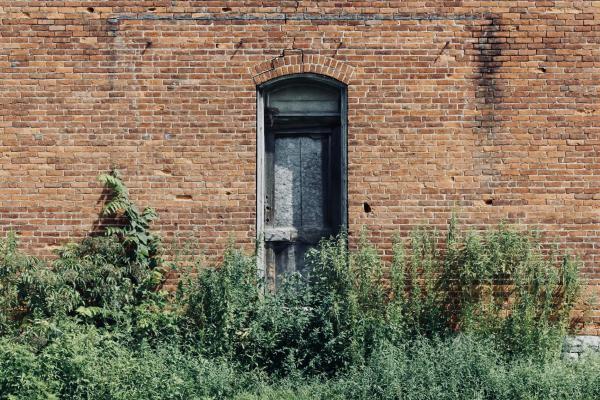Mar 25, 2022
March is the most underrated month. In it, winter makes room for spring in a million miraculous ways. These changes are imperceptible unless you slow down and pay attention.
Read the Full Article

Already a subscriber? Login
